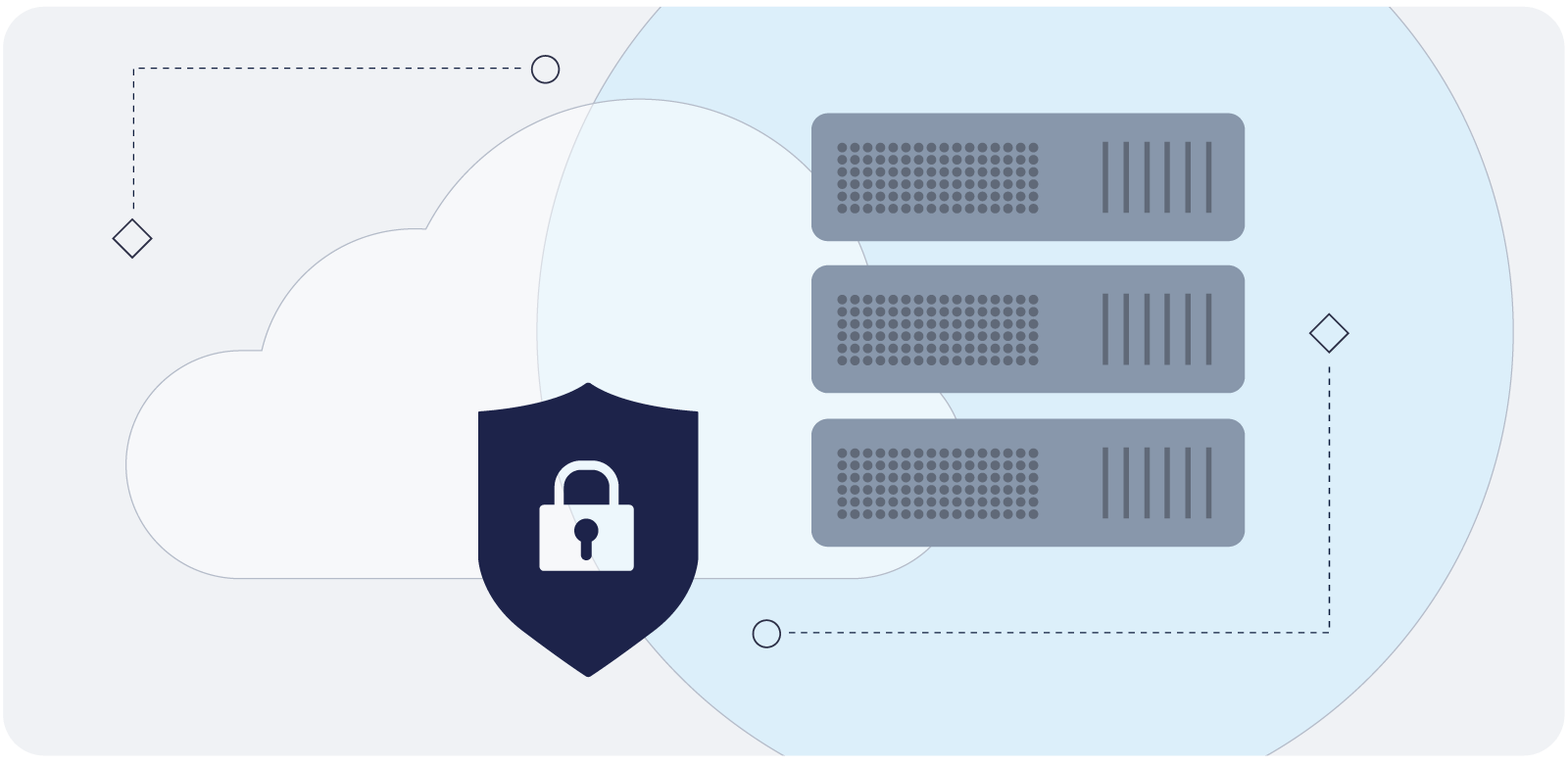Intro

Cloud vs. On-Premises ERP: Which is Safer for Your Data?
Data safety is a top concern for modern businesses, and for good reason. Data breaches are increasingly common, costing companies millions in damages and eroding customer trust. A secure and comprehensive Enterprise Resource Planning (ERP) solution is a foundational defense against these threats. But this presents a critical choice: should you use an on-premises or a cloud-based ERP?
Understanding the core differences between these two options is the first step toward answering this vital question. This article will explore the security implications of both systems, highlight the advanced capabilities of cloud ERPs, and provide actionable steps you can take to protect your company’s data.
The Key Differences in Data Security
Choosing an ERP system is a major decision that directly impacts how your data is stored, managed, and protected. Let’s compare the two primary models.
On-Premises ERP Systems
An on-premises ERP solution requires a business to purchase, maintain, and store all the necessary hardware in its own facility. This approach involves substantial upfront investment in servers and infrastructure, plus recurring costs for an IT team to manage operating system updates, database upgrades, and security protocols. For many businesses, this creates constant pressure on their IT staff, who must work tirelessly to stay ahead of sophisticated and relentless cyberattacks. The entire responsibility for data security rests on your shoulders.
Cloud-Based ERP Systems
In contrast, cloud-based ERP solutions allow businesses to transfer maintenance and security responsibilities to the ERP vendor. The vendor maintains the servers in highly secure data centers, provides automatic software updates, upgrades hardware as needed, and ensures all stored data is protected from the latest cyber threats. With a cloud ERP, you pay a subscription fee that covers these services, which eliminates the significant initial costs and ongoing burdens associated with on-premises solutions.
The Superior Security of Cloud ERP
A cloud ERP solution is engineered to deliver end-to-end data security, protecting your information at every stage—from user authentication and data entry to transmission and storage.
Built-in Encryption and Compliance
Leading cloud ERP solutions are often hosted on secure platforms like Amazon Web Services (AWS), which automatically encrypt data as it enters their global networks. These platforms also provide the necessary tools and controls for businesses to comply with important industry regulations, such as PCI DSS, HIPAA, and GDPR. This built-in framework simplifies regulatory adherence and strengthens your overall security posture.
Proactive Threat Management
Cloud vendors are experts in identifying and addressing security threats. They employ proven methods like continuous monitoring, frequent penetration testing, and automatic, regular data backups. If a vulnerability is discovered, the vendor is responsible for finding and fixing it promptly. Protecting your data is central to their business model; a failure to do so can result in massive financial penalties and severe reputational damage. It is in their best interest to keep your data safe.
How Your Business Can Enhance Data Security
Even with advanced cloud security, internal controls are essential. Create an established access management system to manage employee permissions effectively.
- Onboarding: When new users join the ERP system, assign them the correct permissions for their role. Provide thorough training on proper data etiquette and how to recognize potential cyber threats.
- Role Changes: When an employee changes jobs internally, immediately update their permissions to reflect their new responsibilities. This ensures they can access the data they need while preventing access to information outside their job area.
- Offboarding: When an employee leaves the company, their access to the ERP system should be revoked immediately.
Go Beyond Simple Passwords with MFA
Passwords remain a common method for securing accounts, but they have become a weak point in security. Attackers have developed sophisticated methods to breach passwords quickly. Even long, complex passwords are not enough when used as a single authentication method.
Multi-factor authentication (MFA) dramatically enhances account security. By requiring two or more verification methods, MFA adds a critical layer of defense. In fact, research shows that simply enabling MFA can prevent up to 99.9% of account compromise attacks. From a corporate standpoint, enforcing MFA for all user accounts in your organization should be a standard practice.
Scrutinize Third-Party Integrations
Data breaches often originate from third-party applications or partners. These can be software integrations used to extend your ERP’s functionality or links within your supply chain where you share proprietary information.
While your cloud ERP vendor secures the core system, they do not control every third-party integration or supply chain partner. It’s your responsibility to regularly review the security of your connected applications. Establish strict protocols for sharing information with partners and ensure they meet your security standards.
Secure Your Future with a Cloud ERP
Protecting your business data is not just an IT issue—it’s a fundamental business imperative. While on-premises systems place the full burden of security on your team, a cloud ERP offers a more robust, modern, and manageable solution. By partnering with a cloud vendor, you gain access to expert security management, advanced protective technologies, and proactive threat detection.
By combining the power of a cloud ERP with strong internal practices like access control, multi-factor authentication, and third-party vetting, you can build a comprehensive security framework that protects your most valuable asset: your data.
 Canada (English)
Canada (English)
 Colombia
Colombia
 Caribbean and Puerto Rico
Caribbean and Puerto Rico
 Ecuador
Ecuador
 India
India
 Indonesia
Indonesia
 Ireland
Ireland
 Malaysia
Malaysia
 Mexico
Mexico
 Panama
Panama
 Peru
Peru
 Philippines
Philippines
 Singapore
Singapore
 South Africa
South Africa
 Sri Lanka
Sri Lanka
 Thailand
Thailand
 United Kingdom
United Kingdom
 United States
United States


